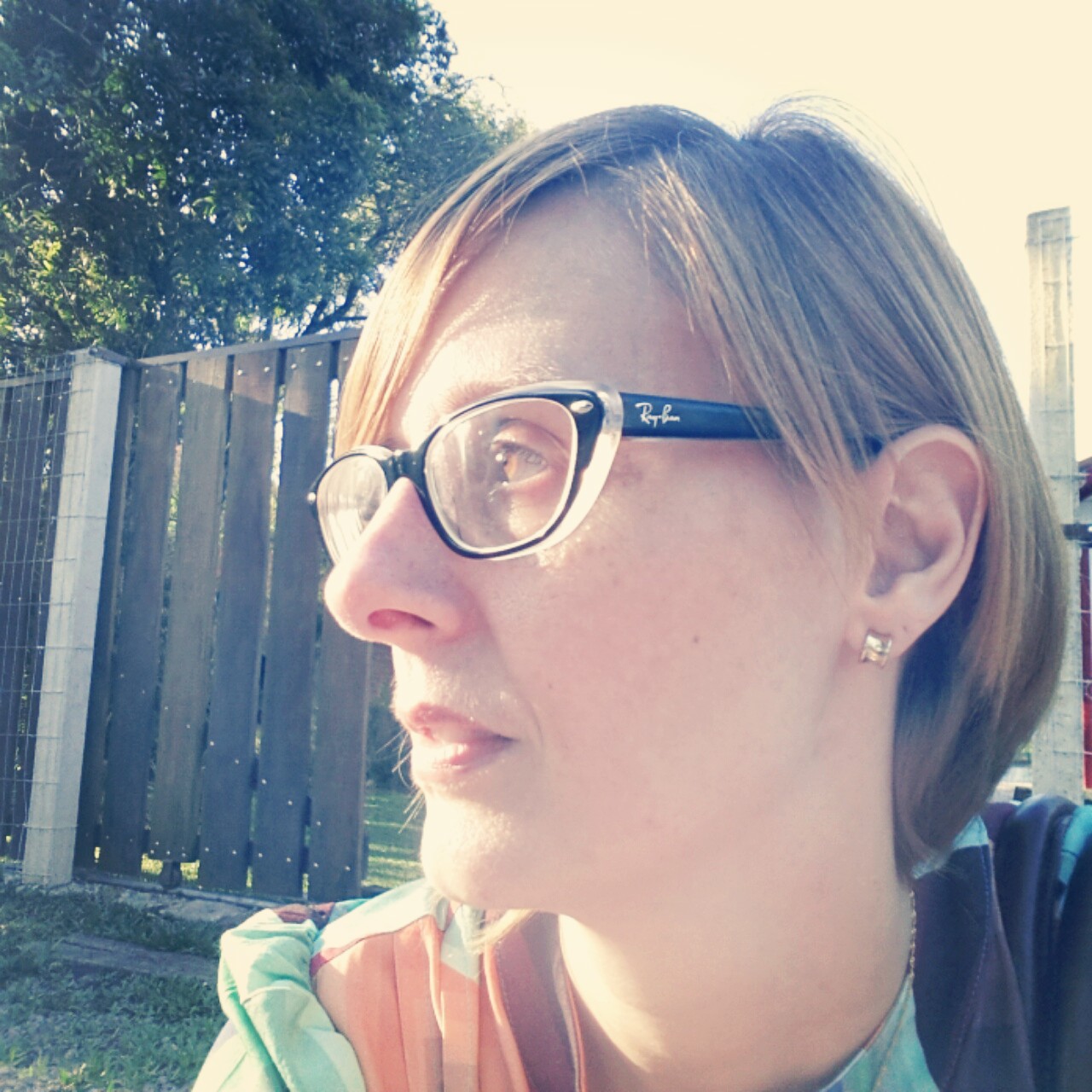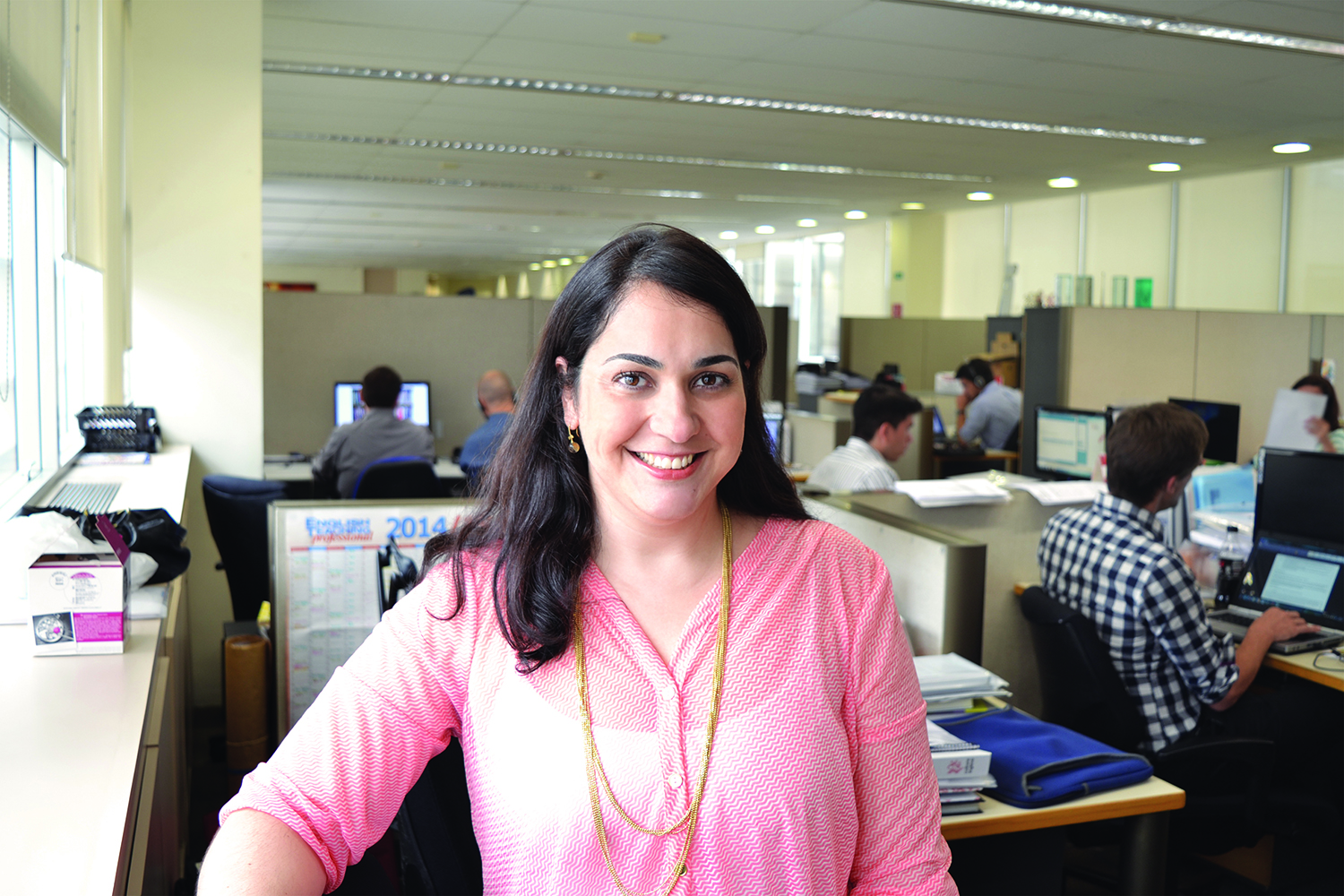On e-moderating and designing
I’ve been moderating online courses for some years now. However, I’ve only just begun designing online courses. And I’ve been pondering over the differences between these two processes for a while.
Here you have some of my (empirical) conclusions so far…
As an e-moderator, I first have to get to know the groups and the teachers I’m working with in order to be able to personalize their learning process. As I don’t develop the materials (modules, activities, etc.) myself, I have to go over them and get to know all about them. If I think about a single module, I need to know the objectives proposed for that module, the different activities course participants will work on, and so on.
After that, I usually follow more or less the same steps, which are part of a module cycle proposed by Lina Marji who works for the British Council Malaysia and is part of a project called Pro-Elt 2. I myself have expanded this cycle so that it would encompass some other important phases. So, here you have it…
Module cycle:
- getting to know the module: as I mentioned before it’s paramount we get to know the module, its objectives, activities, and so on before the module opens.
- populating wikis and forums before module opens: I always do that some days before the module opens. Also, I try really hard to personalize my “Welcome to Module X” forum thread taking into consideration all I know about my course participants.
- module opens: I’m not the one who is responsible for opening the module but I know when this is supposed to happen.
- weaving discussions: this is a very important part of the discussions as I promote critical thinking and help participants build meaning and knowledge together.
- assignments: written assignments course participants have to submit can fall anywhere in a module – sometimes they have to submit it in the beginning of a module, sometimes at the end.
- module closes: once again, I am not in charge of closing the module but I know when this is going to happen.
- summarizing forums, wikis and/or the whole module: as soon as we get to the end of the module, I have to wrap it up. Depending on the module, I do it right before the module closes or right after the module closes.
- checking if objectives have been achieved: this is part of the summarizing process as I go over all course participants’ work in the module and check whether they have achieved the objectives proposed for a specific module.
- providing course participants with group and individual feedback: finally, I give groups some feedback on their work – this can also be part of the summarizing process. Also, I provide course participants with some feedback on their individual performance.
However, ever since I started designing digital teaching materials for an online English course together with other members of a research group, I’ve realized there are more aspects we have to take into account. In our research groups, we use a Digital Teaching Materials’ Productions Cycle proposed by Reis and Gomes. And here you have it…
Cyclical steps of Digital Teaching Materials’ Productions:
- Analysis: future students complete a needs analysis and all the data collected will help us start planning the course.
- Planning: based on the data gathered from the needs analysis, we start planning all the different modules, activities, and so on.
- Designing: this is the creation process itself and that means all we have planned will come to life.
- Piloting: a small number of volunteers take the course and we observe their work closely. After finishing the course, they answer some questions on it.
- Re-designing: based on the data we gathered from observing students while taking the course and from the survey they answered, it is time to see what went well and what has to be improved.
- Applying the course: the course is offered to different students.
- Assessing: after these students have taken the course, it is time to assess it. Once again, based on the data we gathered throughout the process, we are able to assess it thoroughly.
You’ll probably hear more on that from me soon as I’ll be designing online courses and moderating them from now on!
References:
- Module cycle proposed by Lina Marji (British Council Malaysia – Pro-ELT 2)
- Podcasts for teaching English as a Foreign Language: Analysis and digital literacy practice by Susana Cristina dos Reis & Adilson Frenandes Gomes. Available at https://revistas.unisinos.br/index.php/calidoscopio/article/view/cld.2014.123.11/4363. Last accessed on March 01st, 2015.





